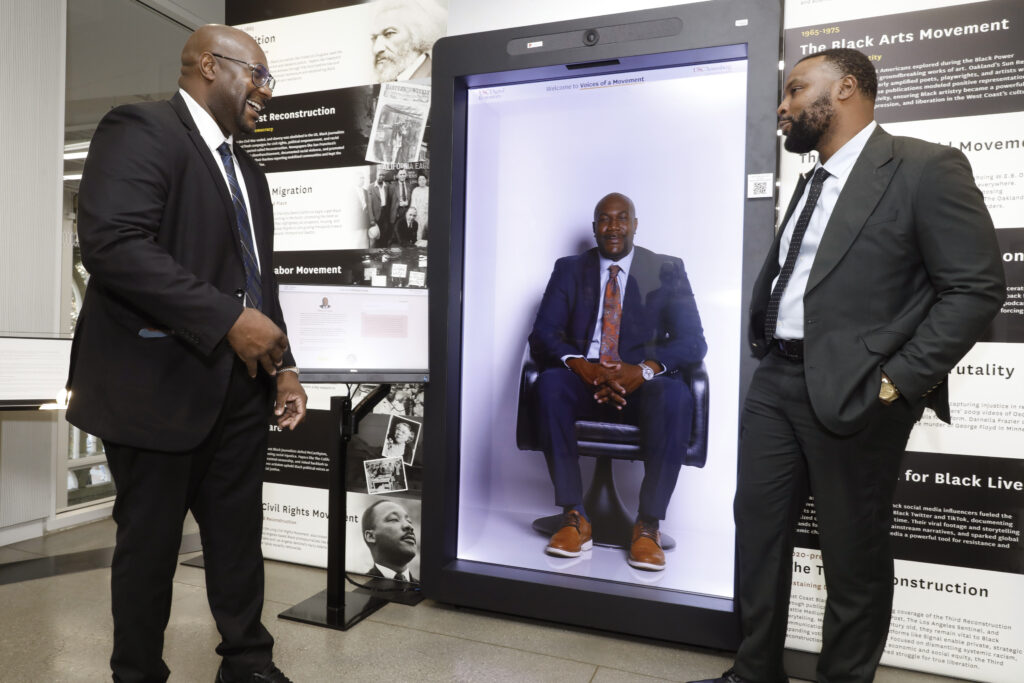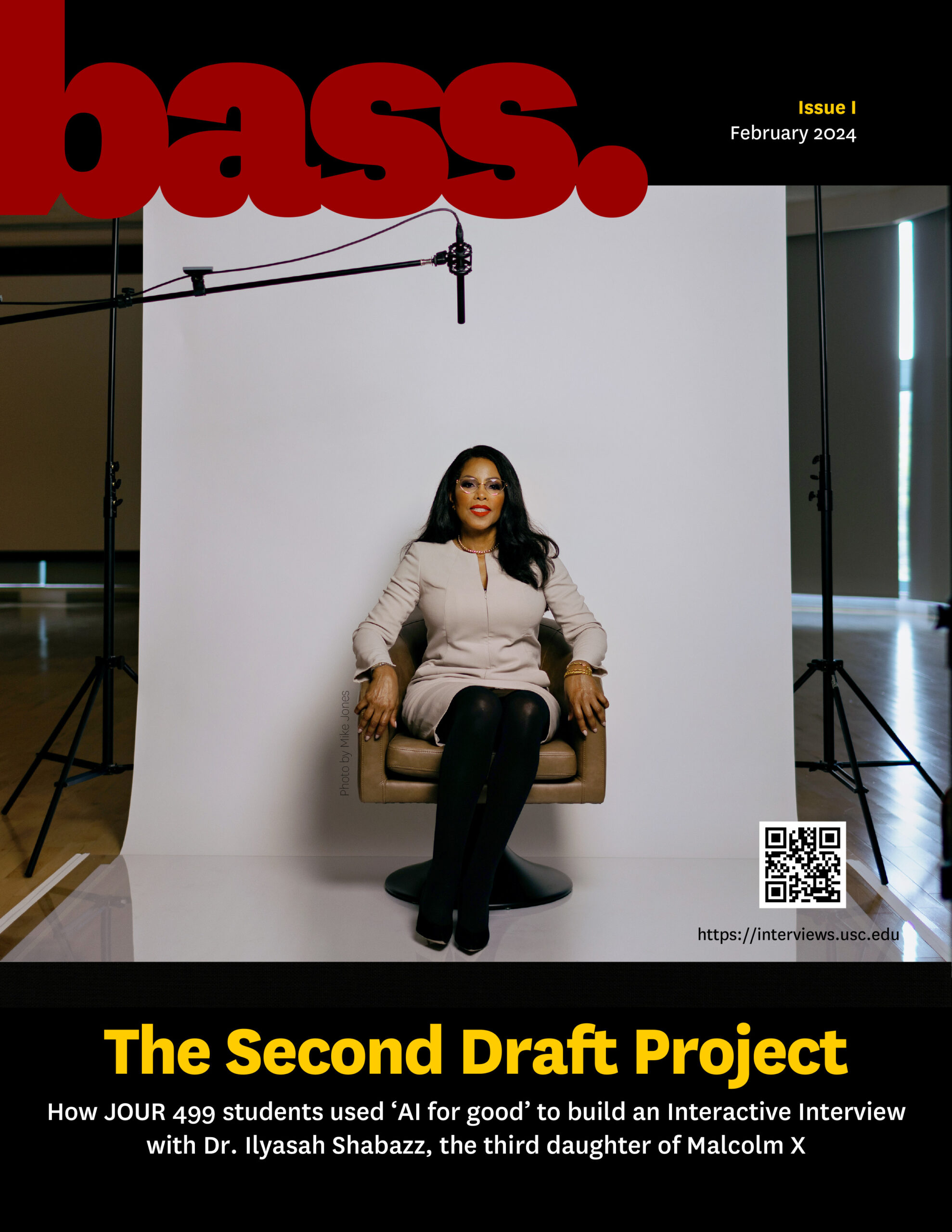TOP STORIES
From the Archives
Exploring how yesterday’s history shapes today’s headlines

Social Justice
Who’s Really Being Targeted by Blanket Deportation?
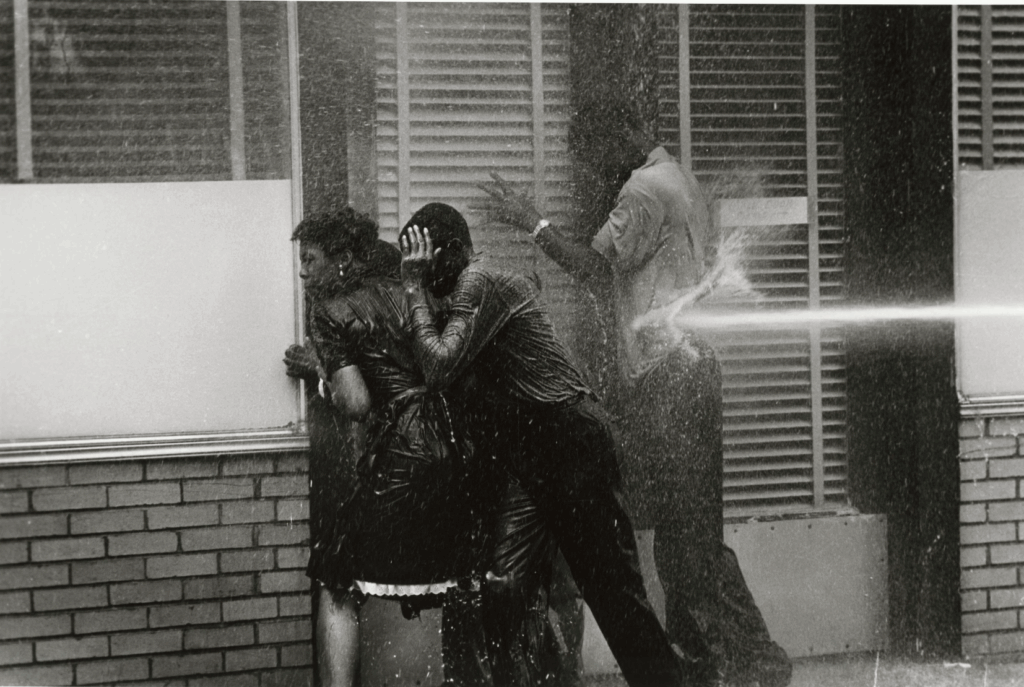
Opinion
Pain is Not a Right of Passage

Black Power Movement
Partners in Protest: The Brown Berets and the Black Panther Party

Bass & Beyond
The Tactics of Dissent: Understanding Different Types of Protest
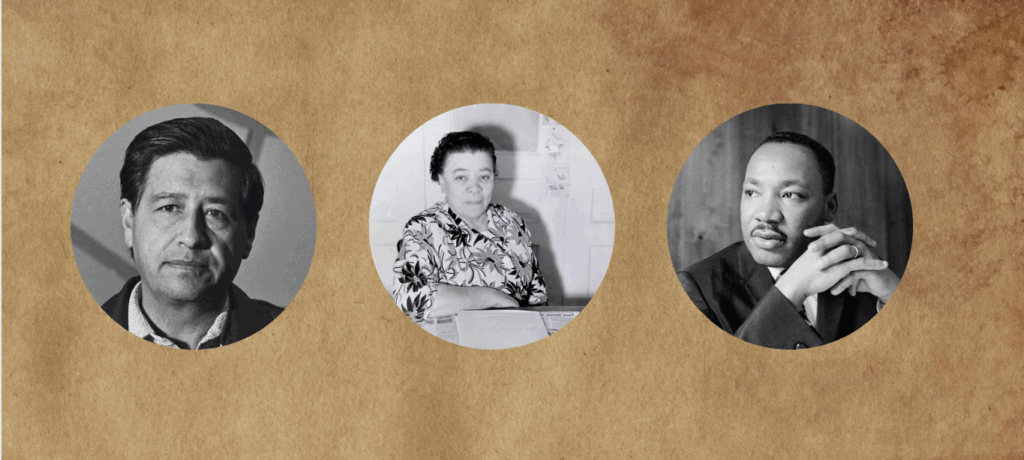
Bass & Beyond
Coastal Connections: Charlotta Bass, Martin Luther King, and Cesar Chavez

Bass & Beyond
Charlotta Bass and the Zoot Suit Riots: A Voice Emerges for Justice
News & Lab Updates
Happenings in and around the Bass Lab
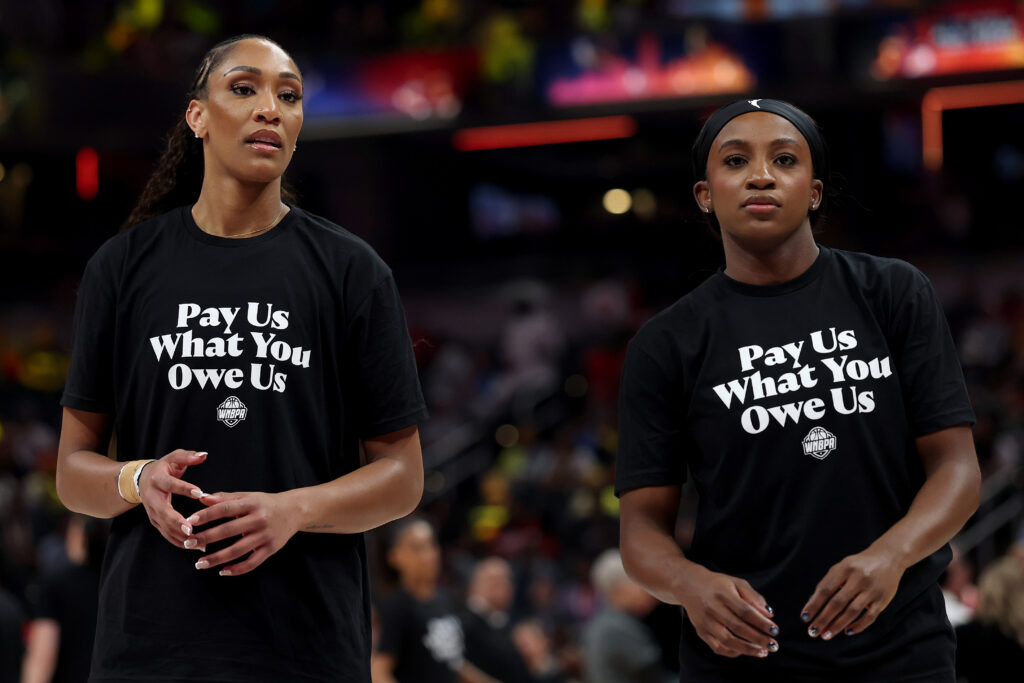
Social Justice
A Legacy of Resistance: Black Athletes and the Backlash to Protest

Social Justice
Sociologist Brittany Freidman Challenged Mass incarceration in “Carceral Apartheid”

News & Updates
“We’re All Connected”: Filmmaker Tevin Tavares on Community, Authenticity, and Storytelling
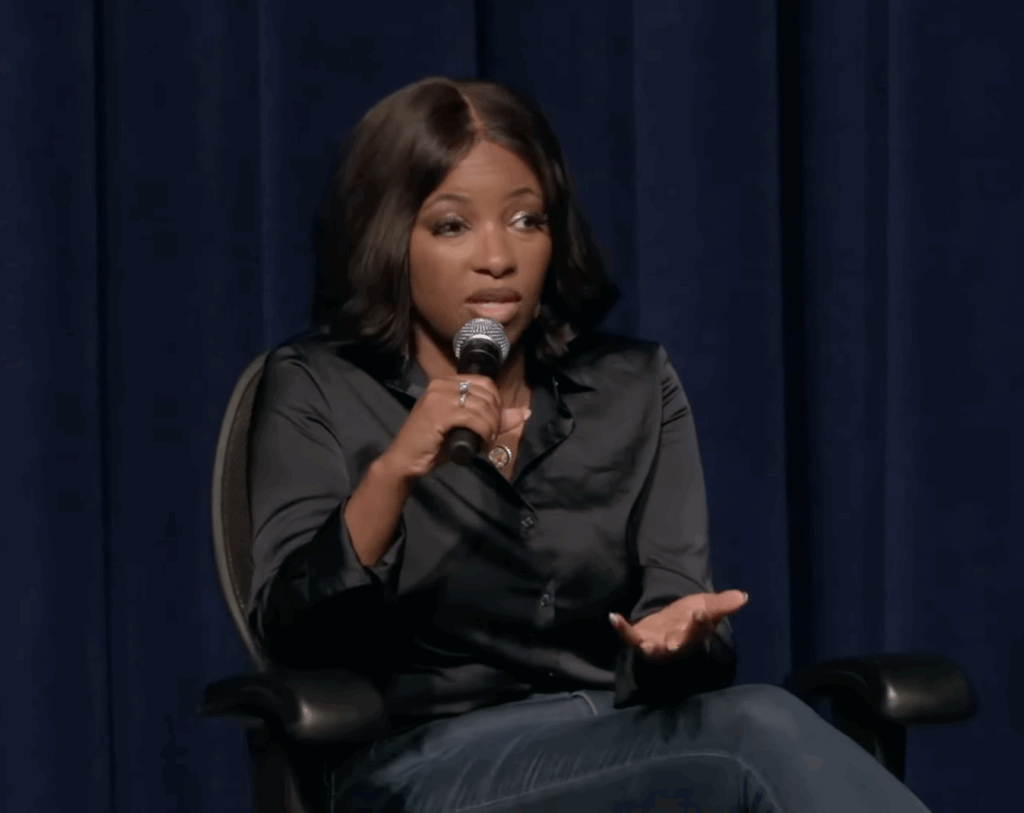
Site Visits
Rep. Jasmine Crockett and Bryan Tyler Cohen Discuss the Battle for American Democracy

Social Justice
Is Protest a Demand or a Warning? Recasting Demonstrations as Signals of Imminent Rupture
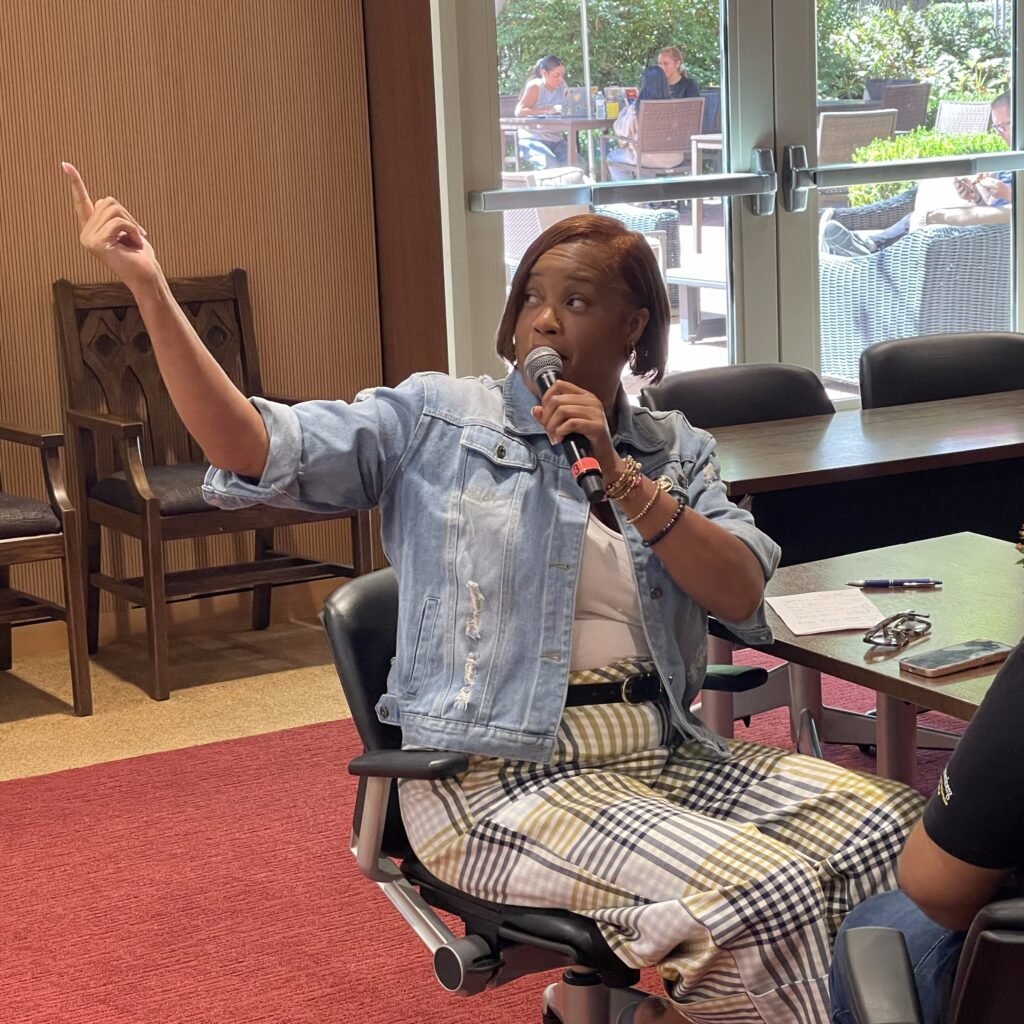
Education


